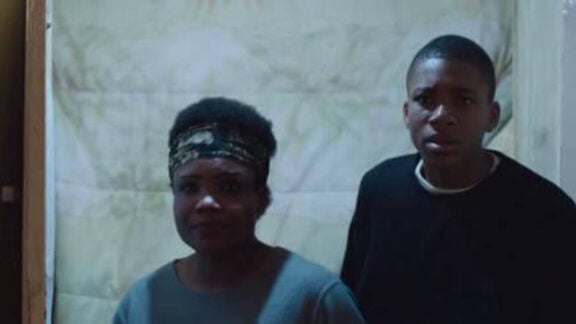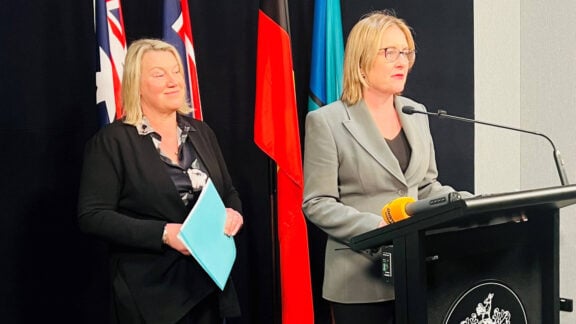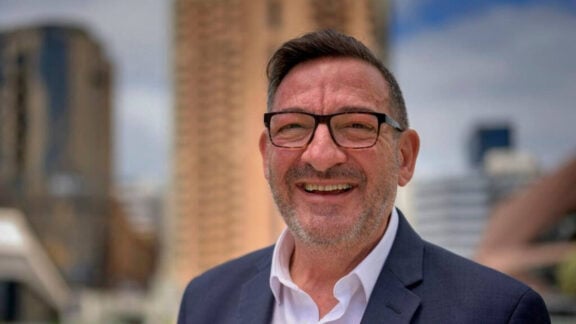Australia’s lagging vaccine rollout will be strained after the latest government expert advice recommended the AstraZeneca vaccine only be used for people aged 60 years and over.
The Australian Technical Advisory Group on Immunisation announced that Pfizer will be the preferred vaccine for eligible people under 60.
Australia’s Health Minister Greg Hunt said the opening of Pfizer to people 50 and over would mean that the 2.1 million people in this cohort who have yet to have the AstraZeneca shot will receive the Pfizer vaccine instead.
The Therapeutic Goods Administration (TGA) reported a further 12 cases of blood clots and low blood platelets assessed to be confirmed or probable cases of Thrombosis with thrombocytopenia syndrome (TTS) linked to the AstraZeneca vaccine in the past week. There are currently a total 37 confirmed and 23 probable cases of TTS in Australia. These cases concerned women aged 55 and 65 , and probable cases of another 69-year-old as well as 50 and 56-year-old men from Victoria, and a confirmed case of a 53-year-old woman from NSW and a probably case of a 67-year-old woman from the same state. Other probable cases include a man from the Northern Territory aged 54, a 65-year-old woman in Tasmania, a 58-year old woman from South Australia and 59 and 80-year-old men from Queensland.
There have also been two deaths in Australia linked to TTS.
READ MORE: What is thrombocytopenia, the rare blood condition possibly linked to the AstraZeneca vaccine?
The estimated risk of TTS following the first dose is 3.1 per 100,000 for people under 50, 2.7 for people between 50 and 59, 1.4 for people between 60 and 69, 1.8 for people 70 to 79 and 1.9 for people over 80 years of age.
Australia’s Chief Medical Officer Paul Kelly said the new cases had “changed the rate” for those between 50 and 59, changing the risk profile more in line with those under 50. “Remember this remains a very rare but sometimes serious event we’re picking it up much more commonly than other countries because we’re looking more fully,” he said.
“For most people, they’ve been diagnosed early, there was a large proportion of those with a less severe form of this of this rare syndrome, and most of those have been discharged from hospital already.”
There have been no cases of the condition on the second dose in Australia.
A total of 25.5 per cent of those eligible had had their first vaccination, including 64 per cent of over 70s.
READ MORE: All you need to know about the jab by Dr Marinis Pirpiris
Australia has a larger supply of the AstraZeneca vaccine than Pfizer.
This week, Victoria halted bookings for Pfizer vaccination among concern about a lack of supply for second doses, however Minister Hunt said 1.7 million Pfizer doses would be delivered to Australia this month and 2.8 million from next month.









